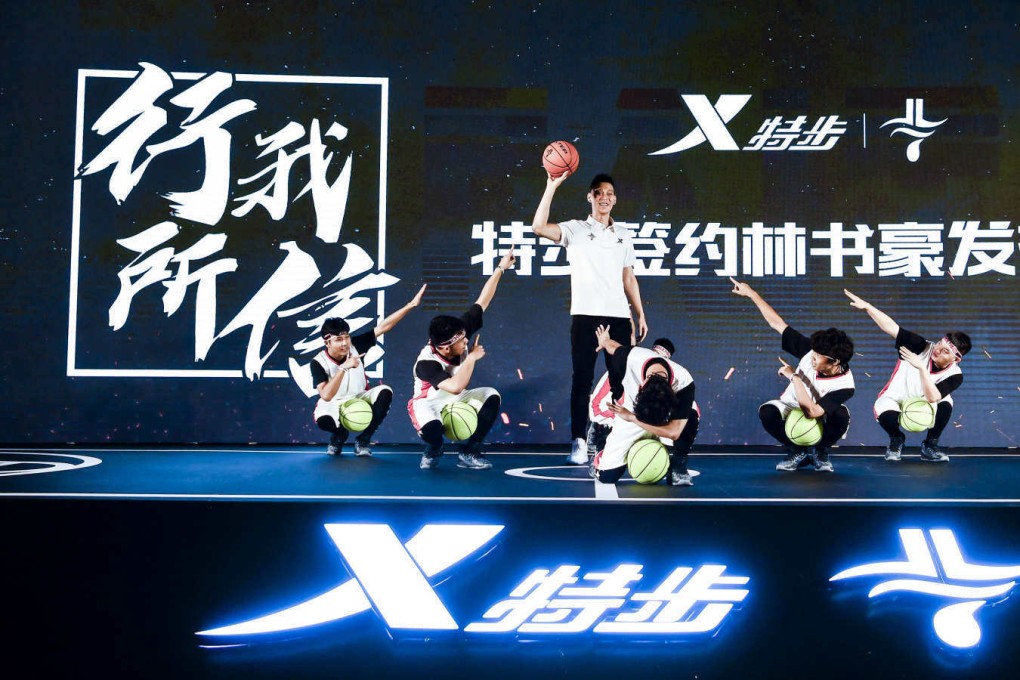Chinese sportswear maker Xtep sells NFTs with a higher price tag than its own trainers
- Xtep said that it is using blockchain technology to build a ‘Runner’s Metaverse’
- Xtep has released 321 NFTs, or digital collectibles as they are called in China, of virtual running shoes

Chinese sportswear maker Xtep has jumped on the non-fungible token (NFT) bandwagon with the release of a series of digital trainers, as consumer brands in and outside the country rush to capitalise on the popularity of the digital assets.
At a press conference on Sunday night where Xtep announced a range of new sportswear, the company also released 321 NFTs, or digital collectibles as they are called in China, of virtual running shoes.
Xtep said that the NFTs, named “160X-Metaverse”, sold out in 70 minutes. Each NFT was priced at 1,603 yuan (US$251), more expensive than the actual 160X running shoes, which sell at 999 yuan a pair.
In a statement Xtep said that it is using blockchain technology to build a “Runner’s Metaverse”, and to create a “sports + digital economy” model. The company did not respond to a request from the Post to elaborate on its wider metaverse plans.
Xtep is among a sea of consumer brands that have started using NFTs and the concept of the metaverse to market their products.
NFTs refer to data added to a blockchain that represents a digital asset’s ownership and uniqueness, whereas the metaverse is loosely used to describe a conceptual virtual world where digital representations of people can interact in similar ways to how they do in real life. Both terms exploded into public consciousness in 2021.
Sportswear giant Nike in December paid an undisclosed amount to buy the NFT studio and virtual sneaker designer RTFKT, after creating a mini game on Roblox, a gaming platform that allows players to create their own experiences.
